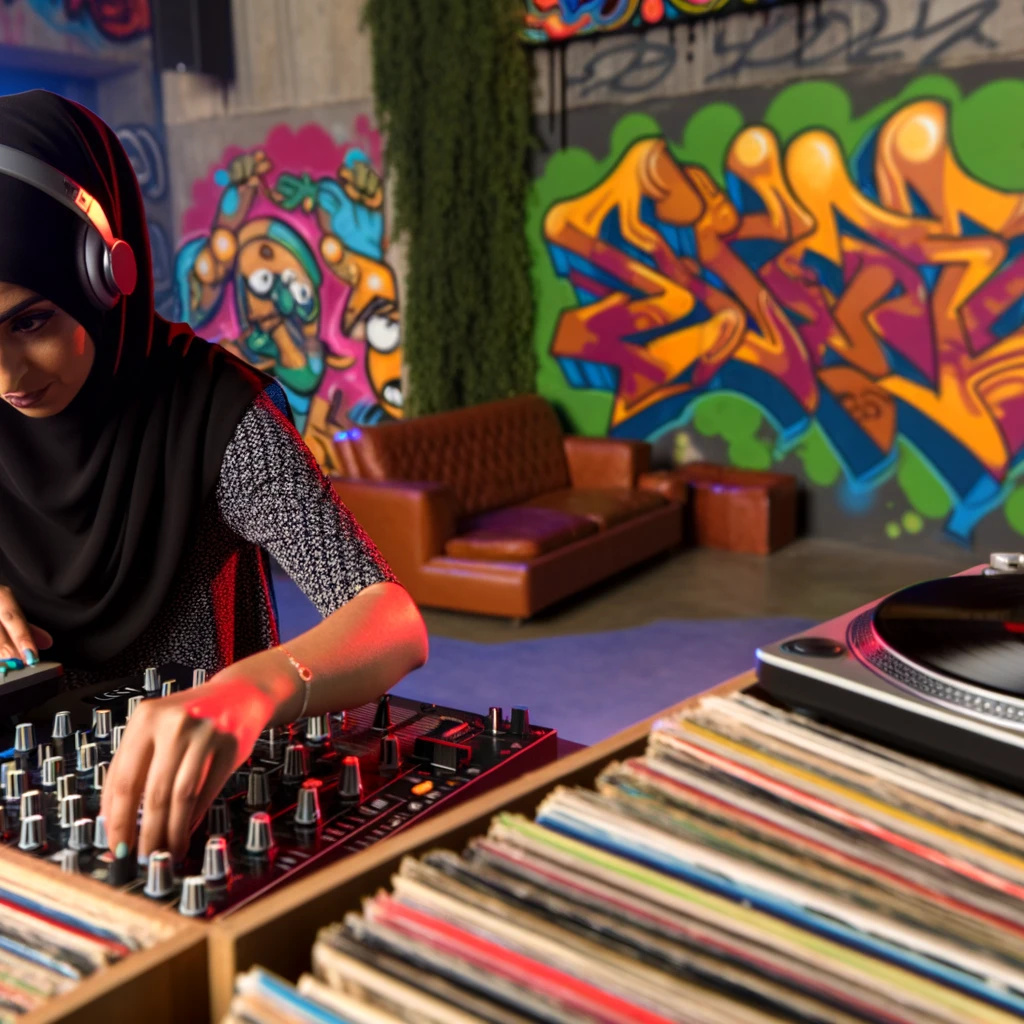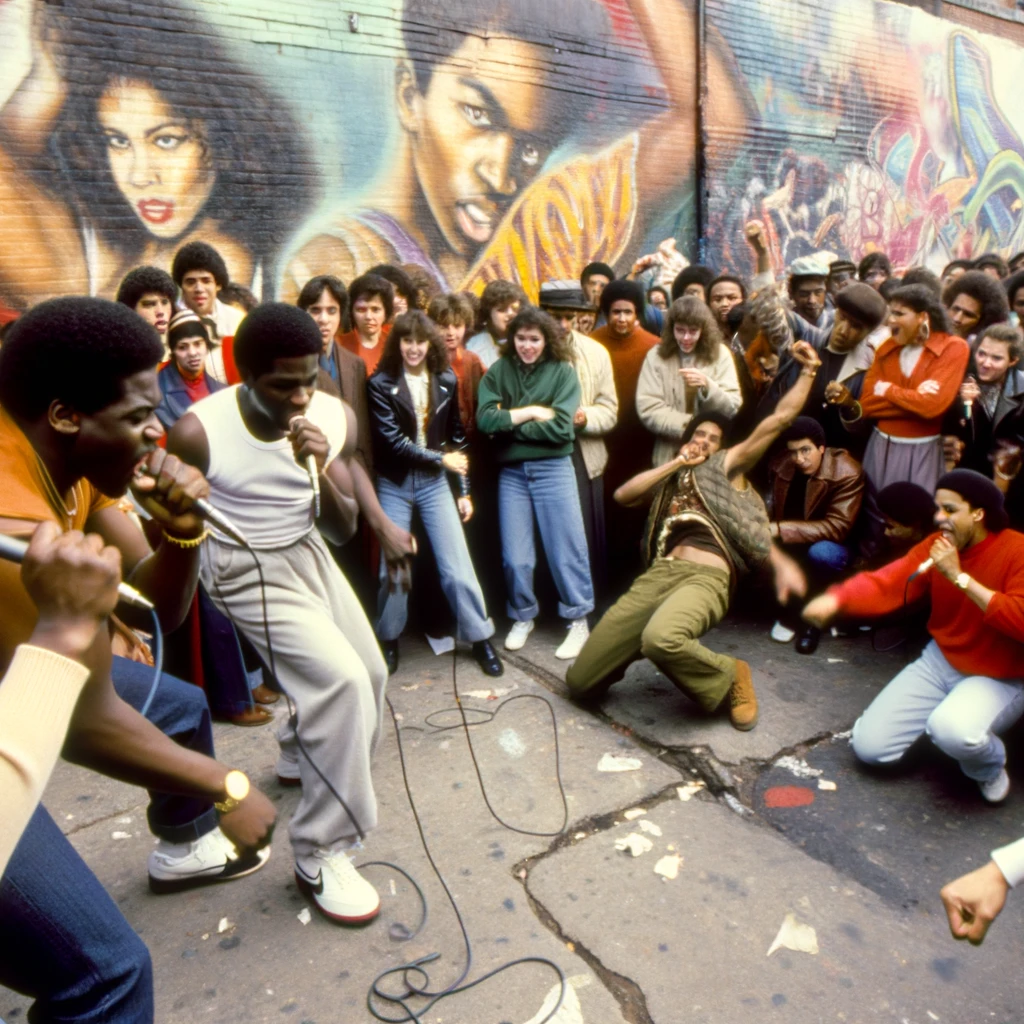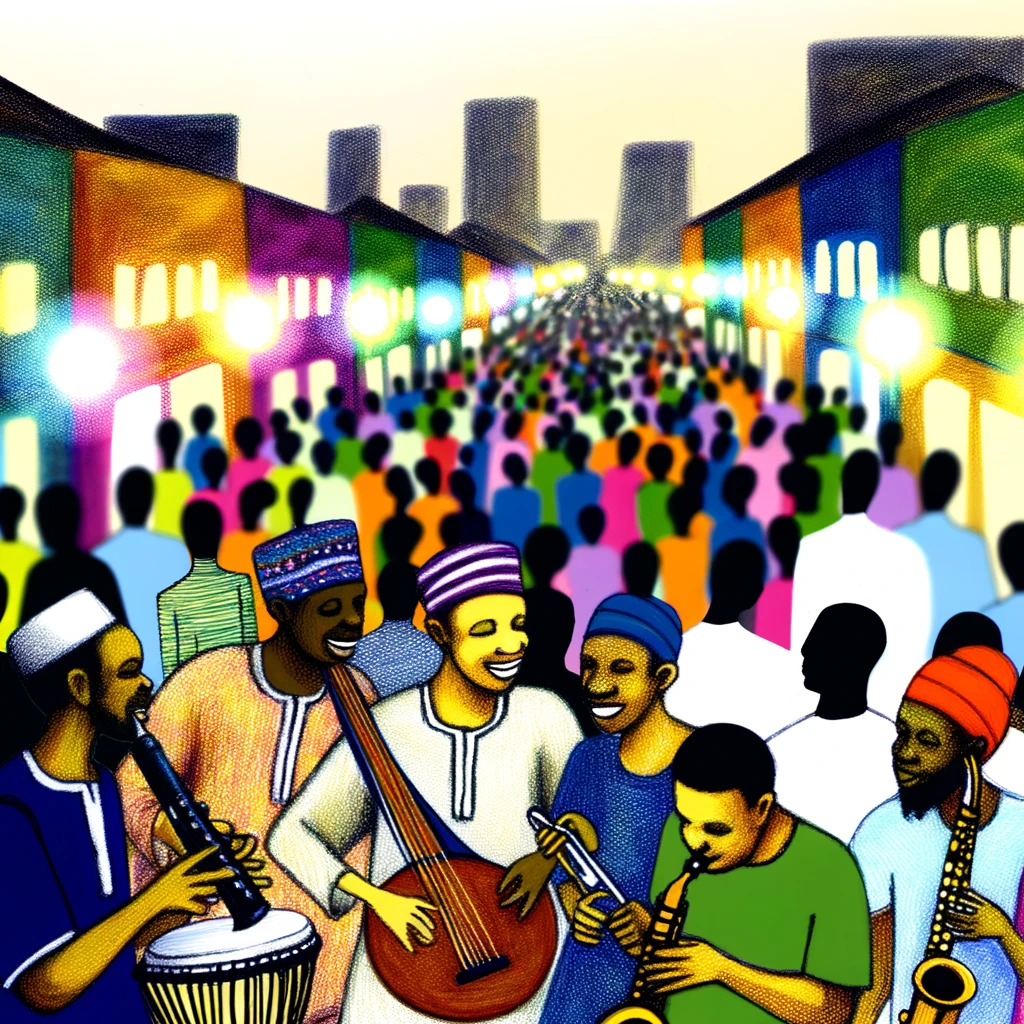Related Articles











In the vibrant tapestry of world music, few genres have woven as intricate and impactful a pattern as Afrobeat. A fusion of traditional African rhythms with elements of jazz, funk, and highlife, Afrobeat was birthed in the bustling city of Lagos, Nigeria, during the late 1960s. Its creator, Fela Kuti, not only pioneered a new genre but also inspired a cultural movement that transcended music, influencing politics and social change across the globe.
Fela Anikulapo Kuti, often referred to simply as Fela, was a revolutionary artist who used his music as a vehicle for change. Born in 1938 in Nigeria, Fela's musical journey began in London, where he studied music at the Trinity College of Music. It was here that he was exposed to a variety of music styles, which later influenced his work. Upon returning to Nigeria, Fela formed the band Koola Lobitos, which initially played a mix of highlife and jazz.
It was during a trip to the United States in the late 1960s that Fela's music took a transformative turn. Influenced by the civil rights movement and the Black Power movement, he imbued his music with themes of social justice and Pan-Africanism. This period marked the birth of Afrobeat, characterized by its complex rhythms, extended instrumental solos, and powerful lyrics.
Fela Kuti's influence on Afrobeat cannot be overstated. He was not just a musician but a cultural icon and activist. His music often critiqued the political corruption and social issues plaguing Nigeria and Africa as a whole. Albums like "Zombie," "Expensive Shit," and "Coffin for Head of State" became anthems of resistance.
Fela's live performances were legendary, often lasting for hours, with his band, Africa '70, delivering high-energy performances that captivated audiences. His personal life was as unconventional as his music; he declared his house a sovereign state and married 27 women on the same day as a statement against colonial conventions.
While Fela laid the groundwork for Afrobeat, the genre did not remain confined to Nigeria or Africa. In the decades following his death in 1997, Afrobeat experienced a resurgence, captivating audiences worldwide. Artists like Tony Allen, Fela's longtime drummer, and bands such as Antibalas, a Brooklyn-based Afrobeat ensemble, have kept the genre alive and thriving.
In recent years, Afrobeat has found its way into the mainstream music scene, influencing artists across genres. Musicians such as Beyoncé, Drake, and Childish Gambino have incorporated Afrobeat elements into their music, expanding its reach and introducing it to new audiences. The genre's infectious beats and socially conscious lyrics resonate with listeners, echoing Fela's original vision.
Fela Kuti's legacy extends beyond music. He was a fearless advocate for human rights and a critic of oppressive regimes. His life and work continue to inspire new generations of artists and activists who use their platforms to speak out against injustice.
The annual Felabration festival, held in Lagos, celebrates his life and music, attracting fans from around the world. This event highlights the enduring appeal of Afrobeat and its continued relevance in today's socio-political landscape.
Afrobeat's journey from the streets of Lagos to the global stage is a testament to the power of music to transcend boundaries and effect change. Fela Kuti's pioneering spirit lives on in the rhythms and messages of Afrobeat, influencing countless artists and uniting diverse cultures under a common beat. As the genre continues to evolve, its roots in social justice and cultural identity remain as strong as ever, ensuring that Afrobeat's influence will be felt for generations to come.